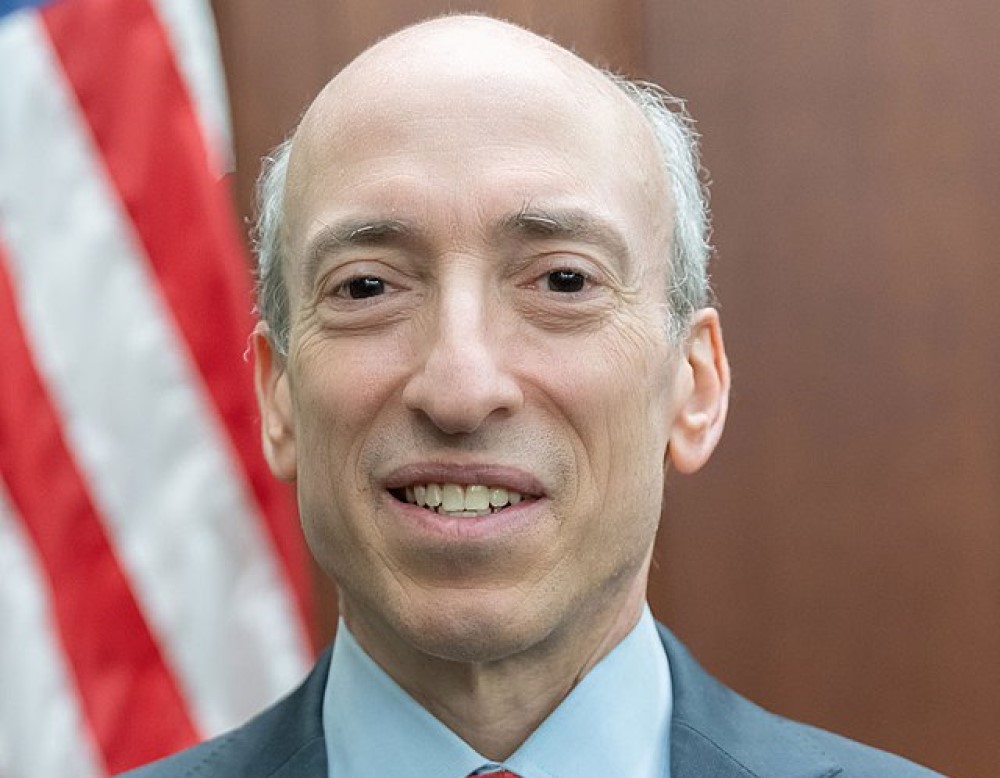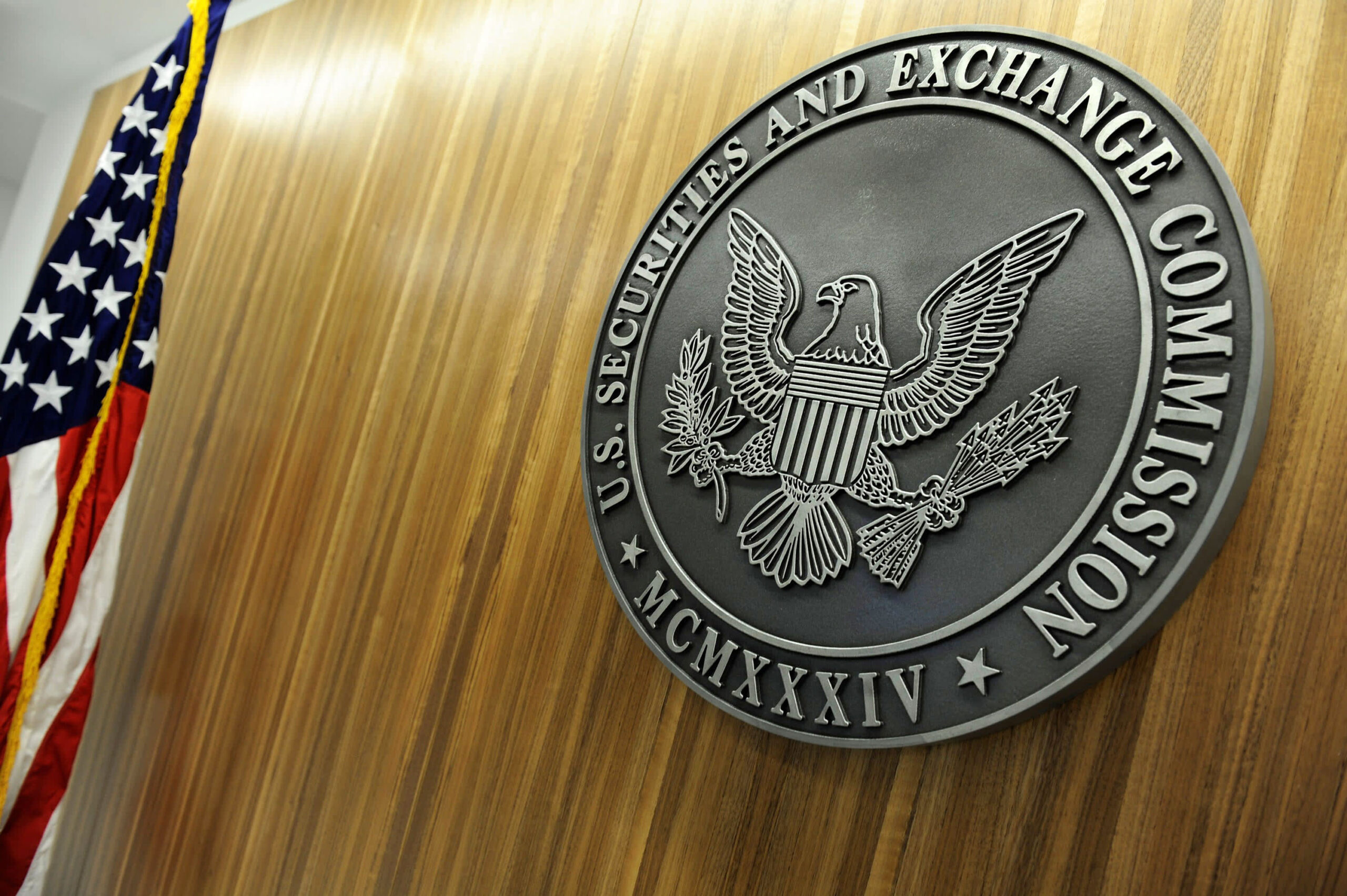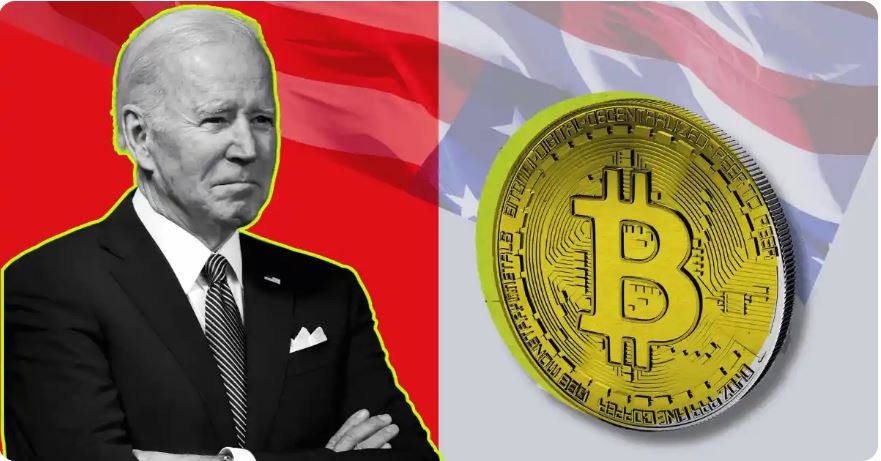Gary Gensler, chairman of the United States Securities and Exchange Commission (SEC), has recently issued a statement expressing significant opposition to the FIT21 Act, also referred to as the Financial Innovation and Technology for the 21st Century Act

Gensler expressed apprehensions in a statement issued on Wednesday, cited by authoritative sources that the legislation would result in substantial regulatory voids and erode established norms concerning the supervision of investment contracts.
The Risks and Violent Opposition of Gensler Are Emphasized
According to Gary Gensler, this could significantly endanger investors and capital markets. “Regarding the oversight of investment contracts, the FIT21 Act would establish decades of precedent and create new regulatory gaps, putting investors and capital markets at incalculable risk,” Gensler said. A post on X exposed essential details of Alexander Grieve’s bolstered arguments.
His opposition to the FIT21 Act emphasizes how crypto assets are categorized as investment contracts. The individual believes that H.R. 4763, which would eliminate the SEC’s supervision of these assets, would impede endeavors to safeguard investors. According to Gensler, the legislation has the potential to permit cryptocurrency companies to autonomously certify their products and investments as “decentralized” and categorize them as “digital commodities.”
Due to resource limitations, this self-certification procedure would severely restrict the SEC’s ability to contest these classifications. Gensler emphasized, “The self-certification process jeopardizes investor protection not only in the cryptocurrency space, but it could undermine the $100 trillion capital markets as a whole by allowing those attempting to evade strict disclosure requirements, prohibitions against the theft and loss of customer funds, SEC enforcement, and private investor rights of action in federal courts.”
Market Regulation and Possible Fraud Concerns
In addition, Gensler expressed apprehensions that the FIT21 Act might enable malicious actors to take advantage of the regulatory loopholes that the legislation creates. To circumvent securities laws, he cautioned, perpetrators of fraudulent schemes such as pump-and-dump and penny stock schemes might certify their systems as decentralized or label their activities as crypto investment contracts.
“What if those who engage in pump and dump schemes and promote penny stocks argue that they are operating beyond the purview of securities laws through using crypto investment contracts as their label or by self-certifying as decentralized systems?” Gensler inquired.
Furthermore, he expressed his disapproval of the legislation’s exclusion of crypto trading platforms from the definition of an exchange and its elimination of tried and true frameworks like the Howey test, which would presumably subject investors to an even greater degree of risk.



